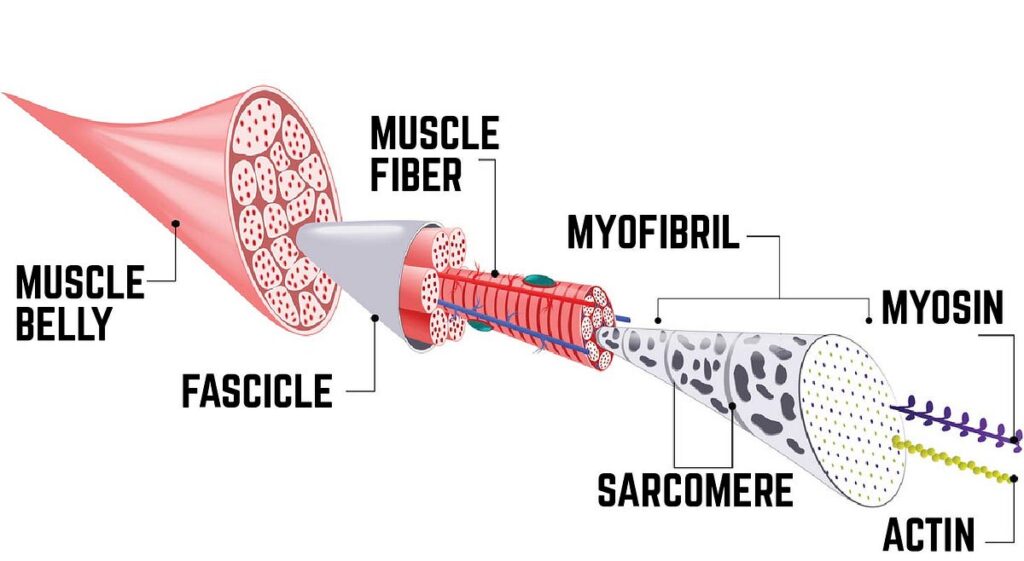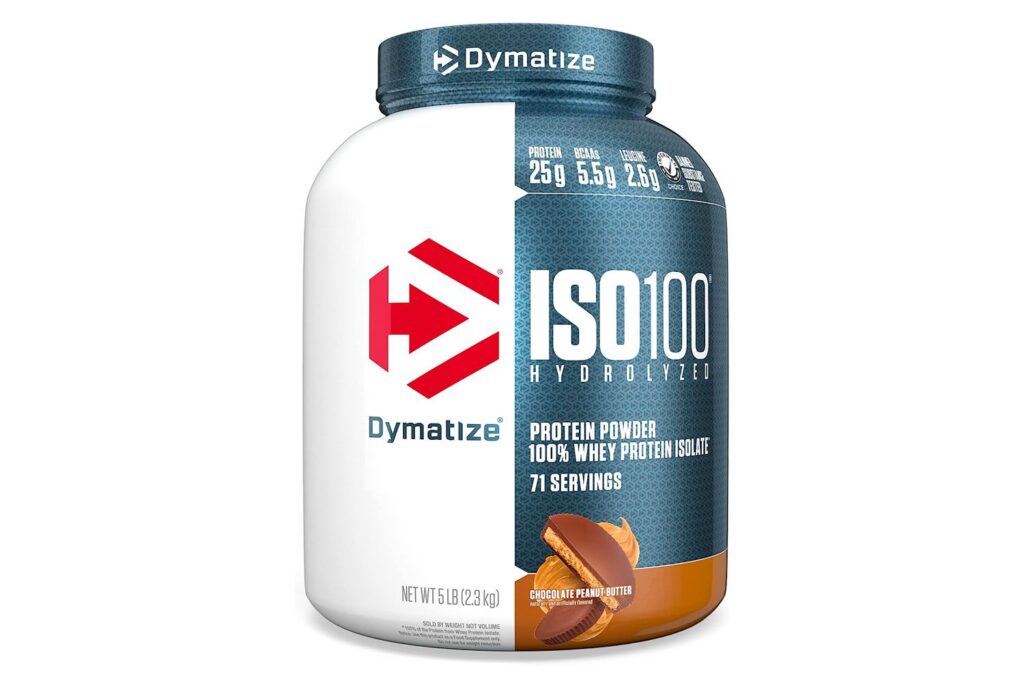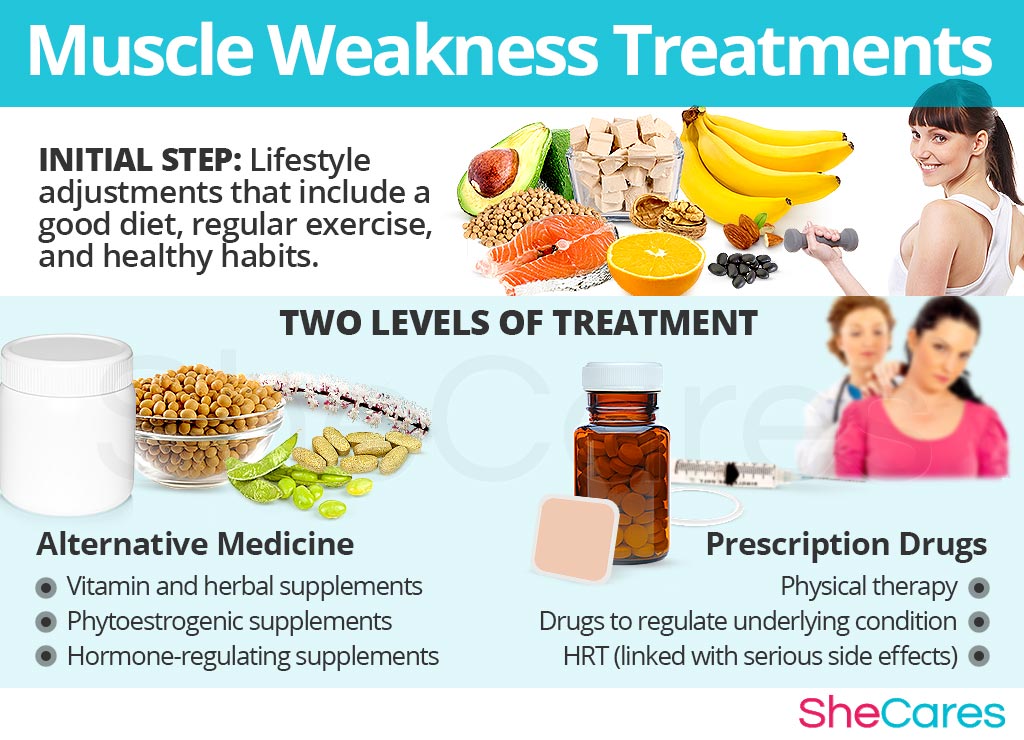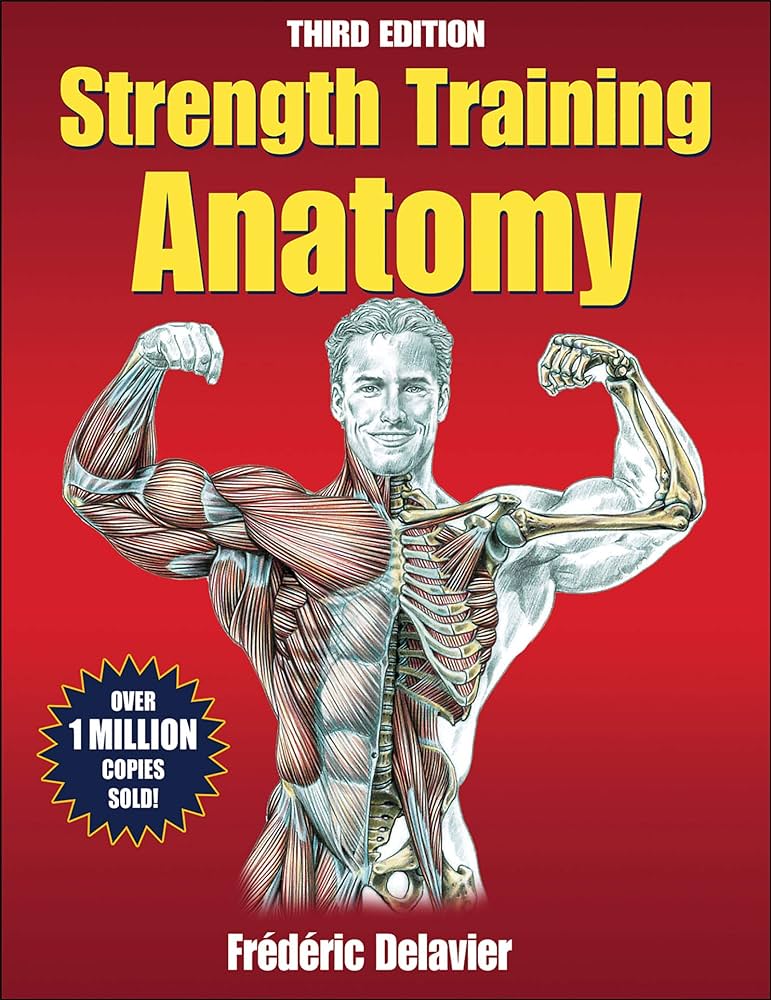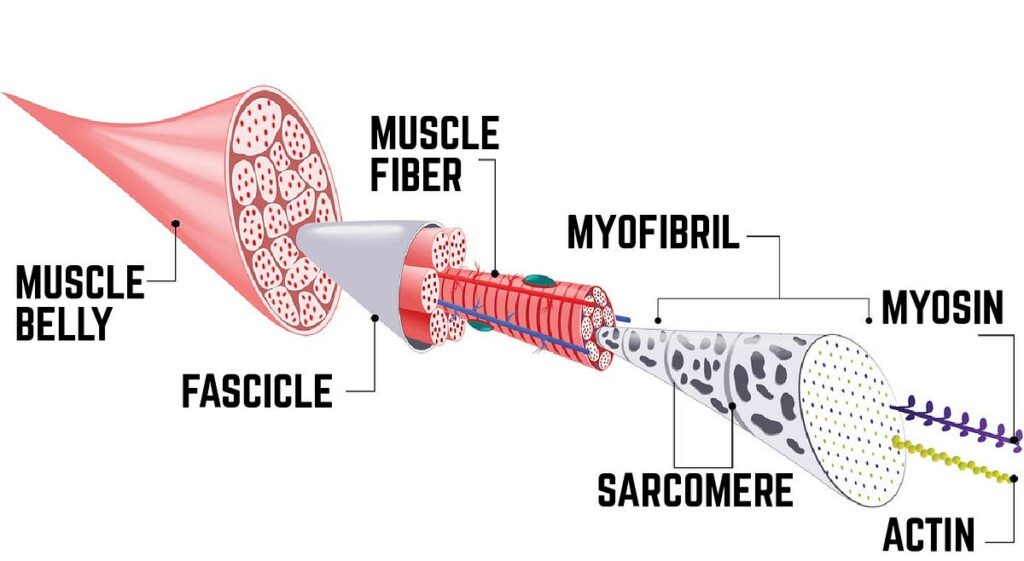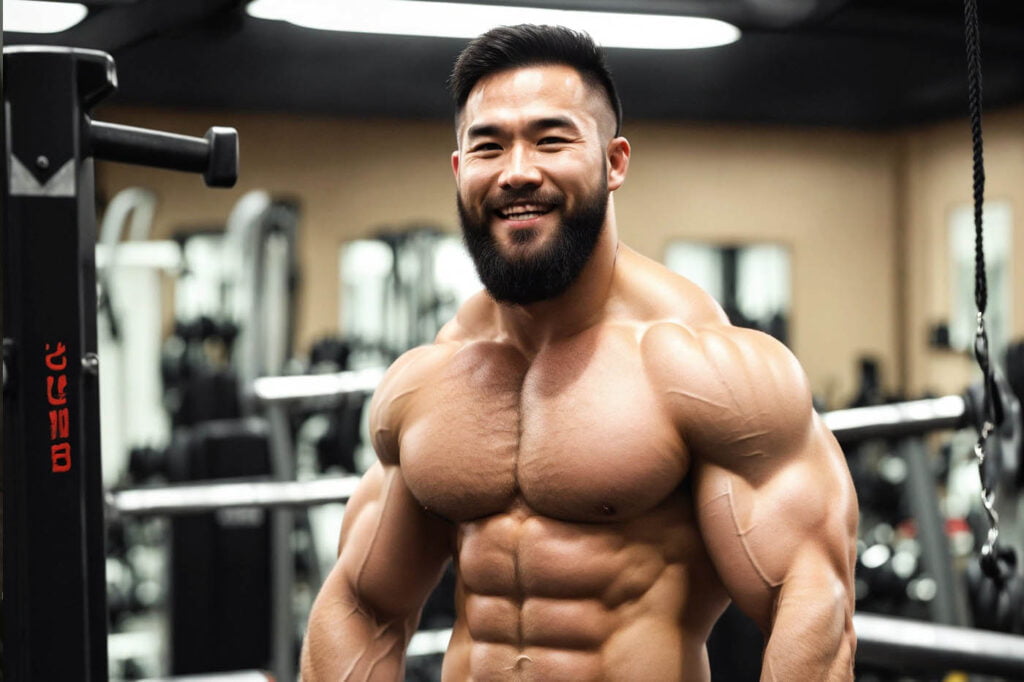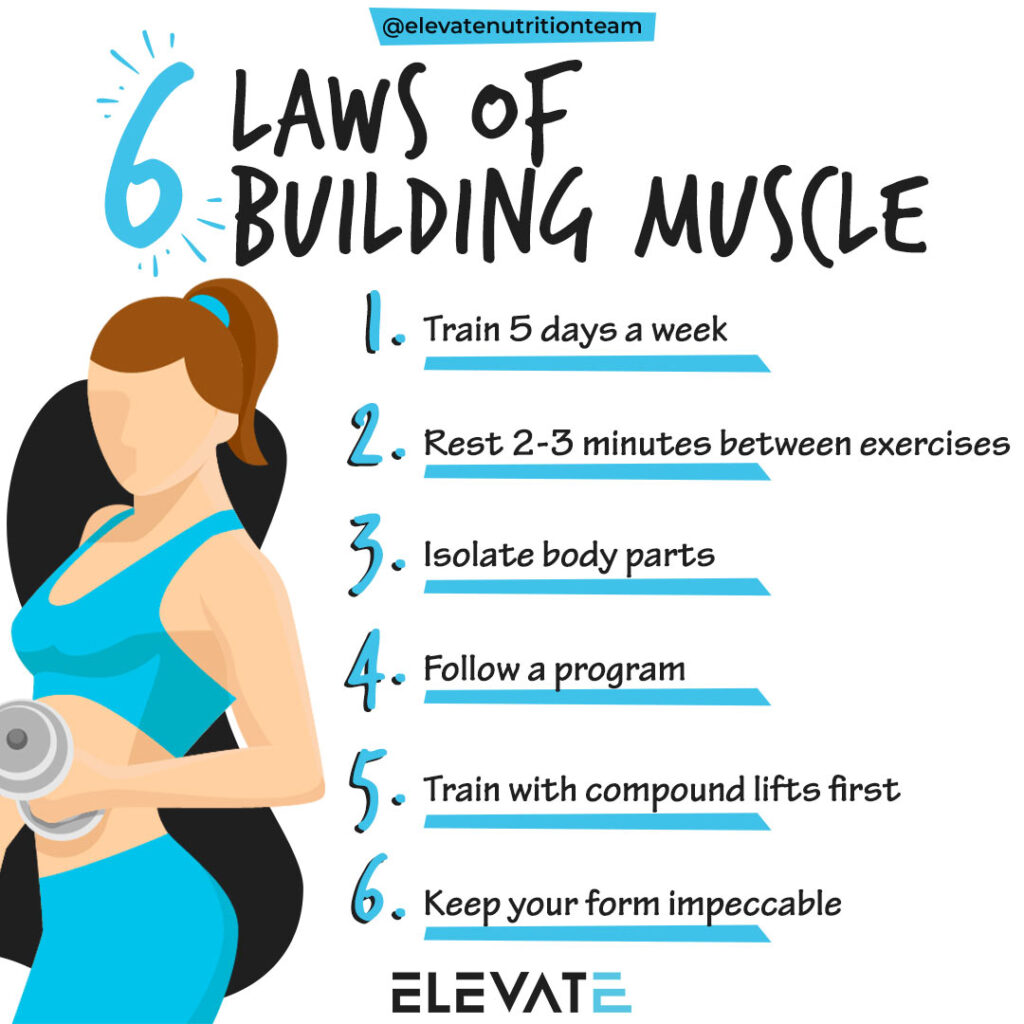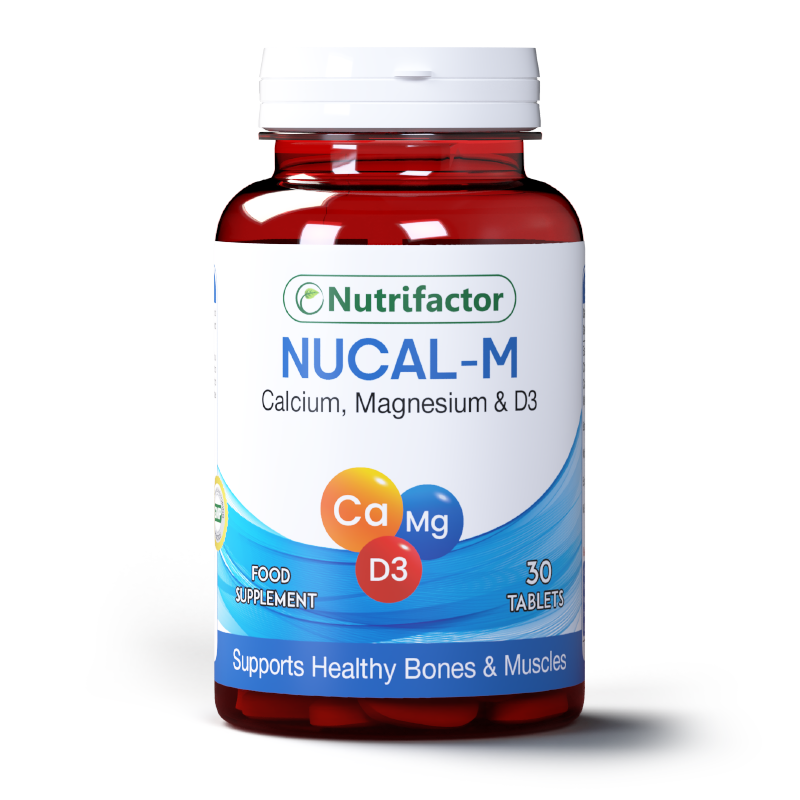Muscle mass increases through strength training, which stimulates muscle fibers to grow. Adequate nutrition and rest are also crucial for muscle development.
Building muscle mass involves a combination of strength training, proper nutrition, and sufficient rest. Strength training exercises, such as weight lifting, create small tears in muscle fibers. The body repairs these fibers, making them larger and stronger. Consuming protein-rich foods supports muscle repair and growth.
Rest allows muscles to recover and grow optimally. Regular exercise, balanced diet, and adequate sleep are essential for muscle mass development. This holistic approach ensures sustainable growth and improved overall fitness. Consistency and dedication are key to achieving and maintaining muscle mass effectively.
Muscle Physiology
Our muscles have different types of fibers. Type I fibers are slow-twitch. They help in long activities like running. Type II fibers are fast-twitch. They are good for short bursts like sprinting. Each type has a special role. They work together to help us move.
Muscles contract when nerve signals reach them. These signals cause muscles to shorten. This pulls on bones, making us move. The process needs energy. Our body uses ATP for this. Muscle contraction is quick and strong. It helps us lift and push things. Relaxation happens when signals stop. Muscles return to their normal length. Proper contraction keeps us strong and active.
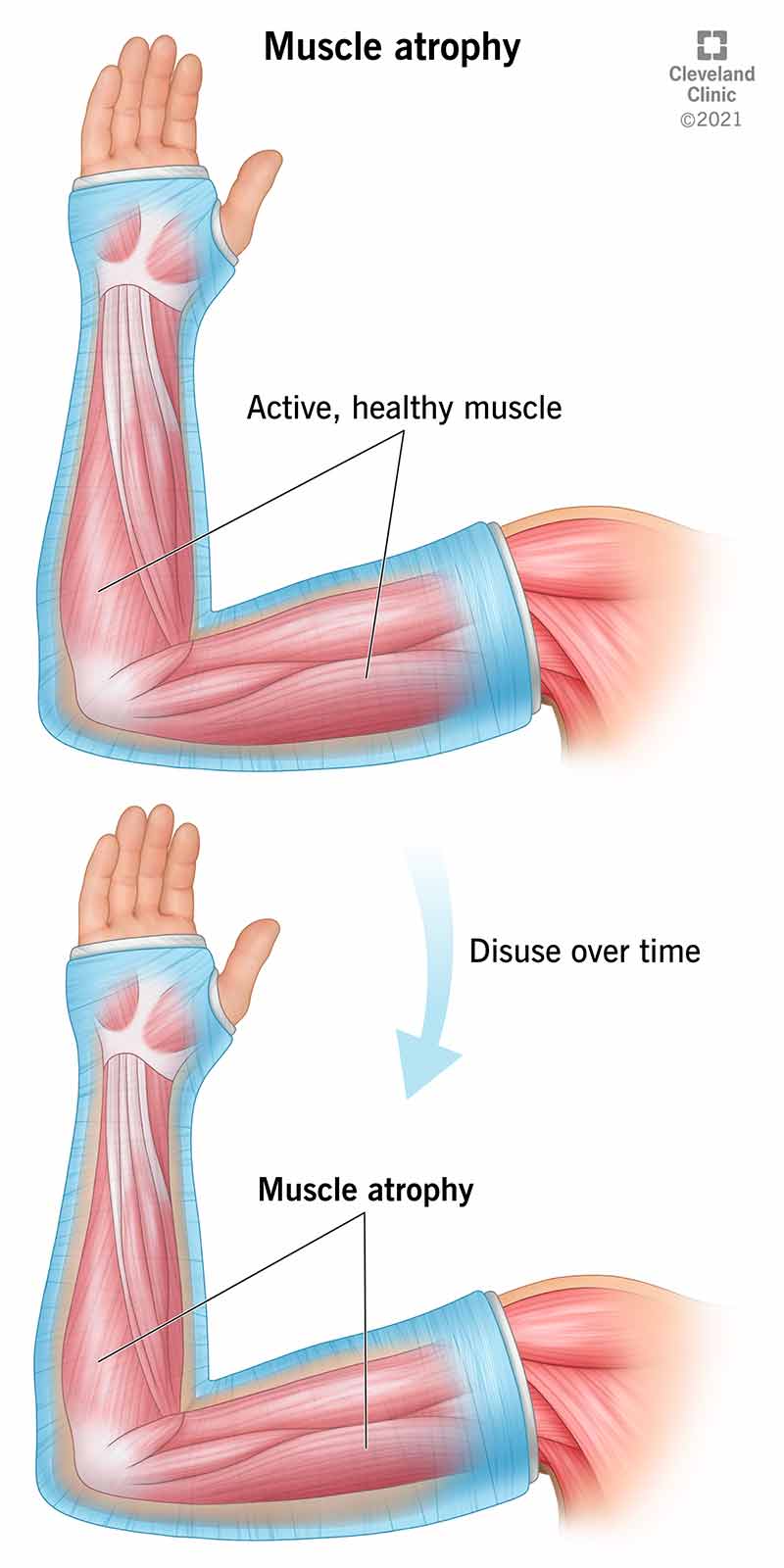
Credit: my.clevelandclinic.org
Factors Influencing Muscle Growth
Genetics play a big role in muscle growth. Some people build muscle faster than others. Genes can affect muscle fiber type, hormone levels, and recovery time. Fast-twitch fibers help with strength and power. Slow-twitch fibers help with endurance. Hormones like testosterone also affect muscle growth. High levels of testosterone help build muscle faster. Recovery time is also important. Some people recover quickly while others need more rest.
Good nutrition is key for muscle growth. Protein helps repair and build muscles. Foods like chicken, fish, and beans are rich in protein. Carbs provide energy for workouts. Whole grains and fruits are good sources of carbs. Fats are also important for hormone production. Healthy fats come from nuts, seeds, and avocados. Vitamins and minerals support overall health. Eating a balanced diet helps muscles grow strong.
Role Of Exercise
Resistance training helps to build muscle mass. Lifting weights is a common form. Push-ups and squats are also effective. Muscles grow by repairing tiny tears caused by exercise. Consistency is key for best results. Rest is important too. It allows muscles to heal and grow. A good diet supports muscle growth. Proteins are especially important.
Aerobic exercise helps with muscle endurance. Running and cycling are popular choices. These exercises improve heart health. They also increase stamina. Muscles use oxygen more efficiently. This helps them work longer. Aerobic exercises do not build large muscles. They keep muscles lean and strong. Combining aerobic exercise with resistance training is ideal. This offers a balanced fitness routine.
Hormonal Impact
Hormonal fluctuations significantly influence muscle growth and repair. Testosterone and growth hormone play pivotal roles in increasing muscle mass. Elevated levels of these hormones enhance protein synthesis, leading to stronger muscles.
Testosterone
Testosterone is a key hormone for building muscle. It increases muscle protein synthesis. This makes muscles grow bigger and stronger. Boys and men have more testosterone than girls and women. Exercise, especially weightlifting, can boost testosterone levels. Eating a balanced diet can also help.
Growth Hormone
Growth hormone is also important for muscle growth. It helps repair and build muscle tissues. This hormone increases when we sleep. Good sleep is essential for muscle growth. Exercise also boosts growth hormone levels. Both boys and girls produce growth hormone.
Recovery And Muscle Repair
Rest periods are crucial for muscle recovery. Muscles need time to heal after a workout. Short rest periods can lead to muscle fatigue. It’s important to take breaks between sets. This helps muscles regain energy. Longer rest periods allow deeper recovery. This is especially important for intense workouts.
Sleep plays a vital role in muscle repair. During sleep, your body produces growth hormones. These hormones help muscle tissue recover and grow. Lack of sleep can slow down this process. Aim for 7-9 hours of sleep each night. Quality sleep ensures muscles get the rest they need.
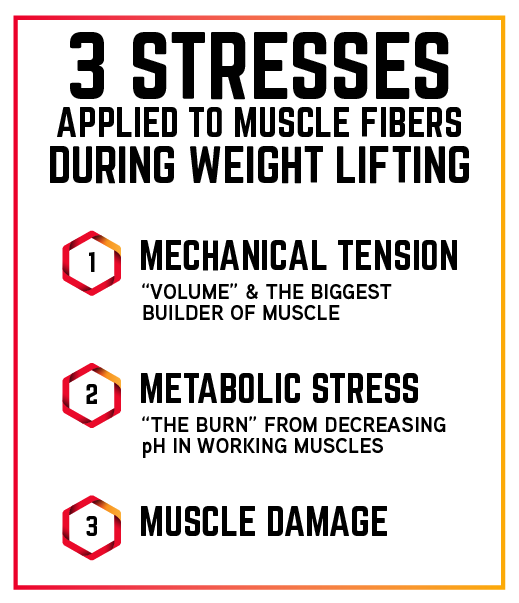
Credit: medium.com
Nutrition For Muscle Gain
Protein helps muscles grow. Eat enough protein every day. Good sources are chicken, fish, and beans. Try to have protein with every meal. Protein shakes can also help. Aim for at least 1 gram of protein per pound of body weight. This helps repair and build muscle.
Carbohydrates give energy for workouts. Choose whole grains, fruits, and vegetables. Avoid sugary snacks. Fats are also important. Good fats come from nuts, seeds, and avocados. Balance your meals with carbs, fats, and protein. This keeps your body strong and healthy.
Supplements For Strength
Creatine helps in building muscle mass and strength. It is found in meat and fish. Many athletes use creatine for better performance. It also helps in short bursts of intense activity. Muscle cells produce more energy with creatine.
BCAAs are essential for muscle growth. They include leucine, isoleucine, and valine. These amino acids are crucial for protein synthesis. BCAAs help in reducing muscle soreness. They also aid in recovery after workouts. Many athletes take BCAAs for better endurance.

Credit: silbermedia.bandcamp.com
Common Myths
Spot reduction is a common myth. Exercising one part of the body does not reduce fat in that area. Fat loss happens all over the body. The body decides where to lose fat. Whole-body exercises help in reducing fat. Healthy eating also plays a key role.
Many women think weight training will make them bulky. This is not true. Women have lower levels of testosterone. This hormone is needed to build big muscles. Weight training helps women get toned and strong. It also improves overall health. Strength training is good for everyone.
Frequently Asked Questions
What Is Muscle Mass?
Muscle mass refers to the amount of muscle tissue in your body. It plays a crucial role in overall strength, metabolism, and physical performance. Maintaining healthy muscle mass is essential for daily activities and long-term health.
How Does Muscle Mass Increase?
Muscle mass increases through a combination of resistance training and proper nutrition. Resistance exercises, like weight lifting, stimulate muscle growth. Adequate protein intake and rest are also crucial for muscle repair and growth.
What Benefits Does Muscle Mass Provide?
Muscle mass offers numerous health benefits. It improves physical strength, boosts metabolism, and enhances overall physical performance. Additionally, it supports joint health and reduces the risk of injury.
How Can You Measure Muscle Mass?
Muscle mass can be measured using various methods. Common techniques include bioelectrical impedance analysis, dual-energy X-ray absorptiometry (DEXA), and skinfold measurements. Consult a healthcare professional for accurate assessment.
Conclusion
Building muscle mass requires dedication, proper nutrition, and consistent training. Understanding how muscles grow helps optimize your efforts. Implement these strategies to see noticeable gains. Remember to rest and recover adequately. Stay committed, and you’ll achieve your muscle-building goals. Keep learning, stay motivated, and enjoy your fitness journey.

